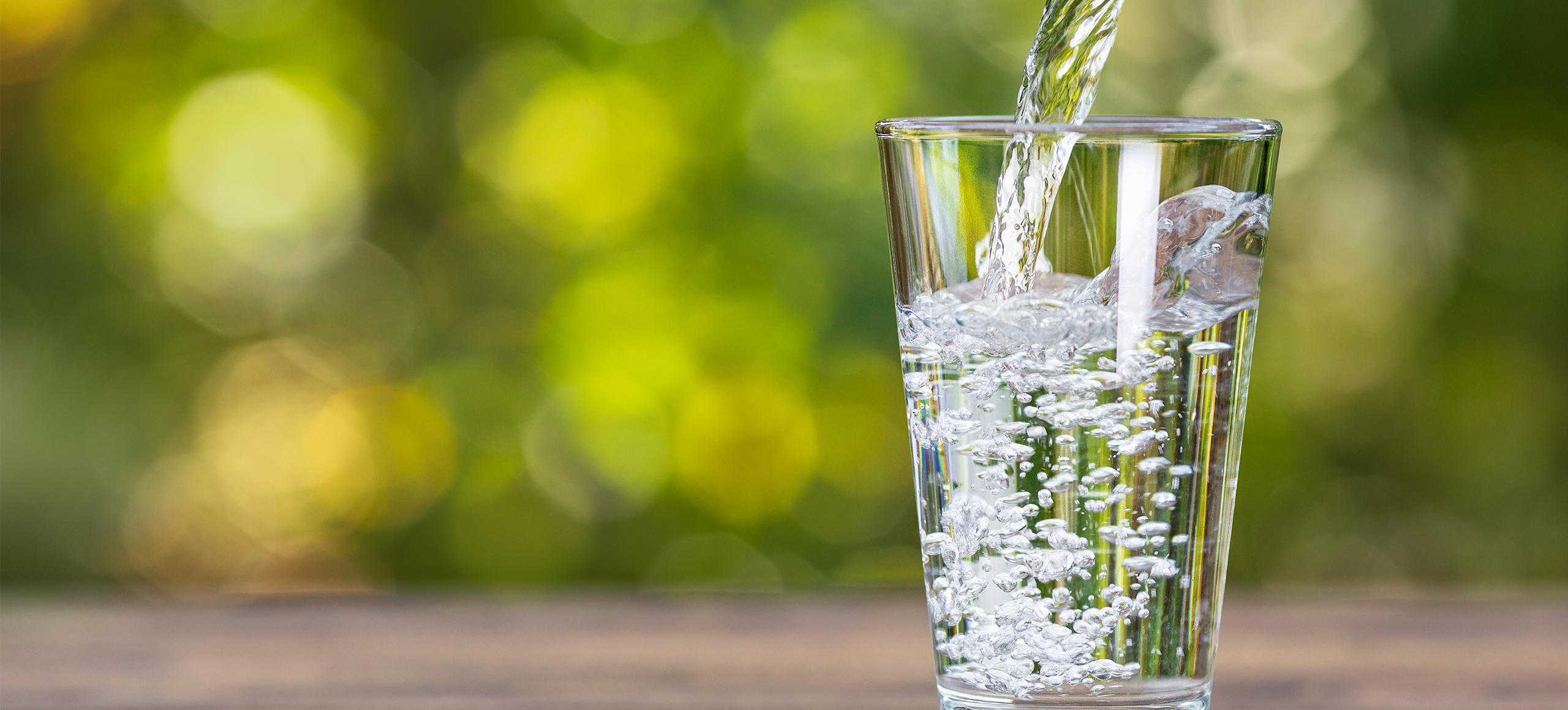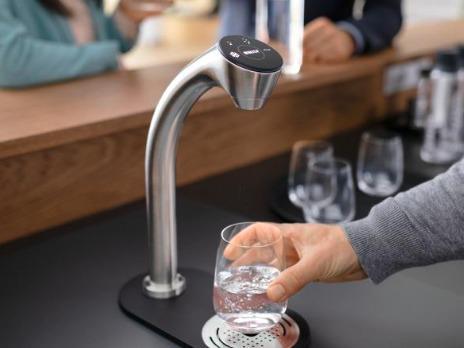What is water made of?
A single water molecule is made up of 3 atoms: two hydrogen atoms (H) and one oxygen atom (O), which is why water is often referred to as H2O. The amount of water recommended depends on factors including your gender, age, and activity level. According to the NHS on average, men need to drink at least 3 litres of water a day, which is equivalent to 13 cups of water, and women should drink at least 2 litres a day, which is around 9 cups of water.
Water can contain:
- Substances from the environment (e.g. minerals)
- Substances from water treatment (e.g. chlorine)
- Particles from piping (e.g. rust, scale)
- Microbes (e.g. Pseudomonas)
- Residues from pollution (e.g. organic impurities, pesticides, hormones)








